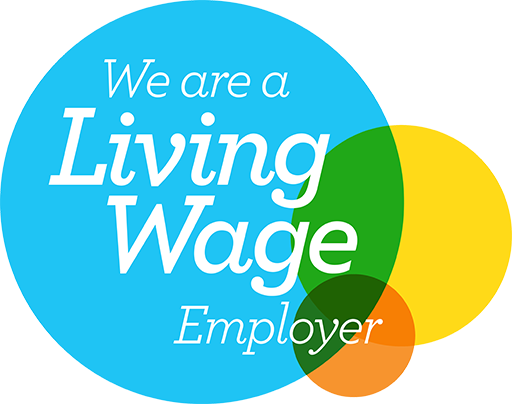There are currently 24,000 charities registered in Scotland, ranging from small recreational groups with an annual income of £100, through to the University of Edinburgh which brought in £906 million last year. Regardless of scale, in order to obtain charitable status all organisations are subject to the exact same process in that they must apply to the Office of the Scottish Charity Regulator (OSCR), the independent regulator and registrar for Scotland’s charities. The primary benefits of charitable status are:
- increased public trust and goodwill
- access to funders who only consider registered charities
- rates relief from local authorities, water rates exemption and tax benefits such as Gift Aid
- access to a means of incorporating your organisation (please see section 1.1)
In after weighing up the benefits of charitable status you decide to proceed with an application, you must ensure that your organisation will be able to satisfy the charity test, as required by the Charities and Trustee Investment (Scotland) Act 2005. In order to meet this legal set of requirements, an organisation must:
- have solely charitable purposes (please see section 1.8)
- provide public benefit in Scotland or elsewhere in achieving those purposes
Essentially the wording of each of your organisation’s purposes must relate clearly to at least one of the sixteen charitable purposes defined in the 2005 Act and your activities must provide a positive difference to the intended beneficiaries. To apply, the following documents should be submitted to OSCR:
- a fully completed application form for the chosen legal structure (please see section 1.1)
- a fully completed Charity Trustee Declaration form for each proposed charity trustee (SCIOs legally must have at least three)
- a copy of the proposed governing document which can be in draft format
The OSCR website www.oscr.org.uk provides a host of detailed guidance on the process of applying for charitable status but please see the below FAQ table for some key considerations for when getting started.
Charity Frequently Asked Questions
[accordion title=”Is there a registration fee?” style=”h3″]No. Applications to OSCR are free of charge and there is no annual payment/registration fee.
[/accordion] [accordion title=”How long does the application process take?” style=”h3″]OSCR aim to assess applications within 90 days but some may take longer if more information is required or if it is a complicated application.
[/accordion] [accordion title=”Are there any restrictions when naming my charity?” style=”h3″]Yes. A charity’s name cannot be offensive, the same as/too similar to an existing organisation, be misleading or suggest a connection to another organisation if this is not the case. A SCIO must also seek prior permission from Companies House if its proposed name will include a ‘sensitive word or expression’.
[/accordion] [accordion title=”Who is eligible to be a charity trustee?” style=”h3″]No minimum age is stated in the 2005 Act but OSCR would expect trustees to be over the age of 16. Undischarged bankrupts, those with an unspent conviction for dishonesty and those disqualified from being a company director cannot be a charity trustee.
[/accordion] [accordion title=”What are the annual reporting requirements to OSCR?” style=”h3″]Within 9 months of its year end date, a charity must submit to OSCR a Trustees’ Annual Report, annual accounts and Annual Return form.
[/accordion] [accordion title=”Can a charity employee a trustee?” style=”h3″]Theoretically yes providing certain conditions are met (please see section 2.2) but the private benefit to the trustee must be incidental and not a significant reason for establishing the charity. OSCR are particularly concerned with applications from organisations where a proposed trustee has already been appointed to a paid position (CEO or Project Manager etc.).
[/accordion]

